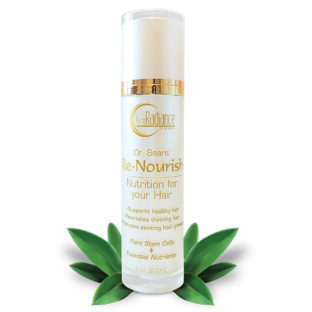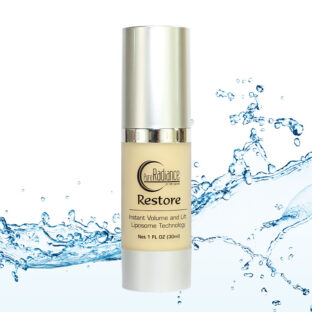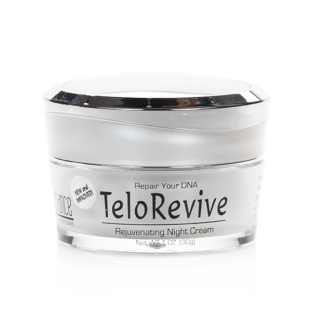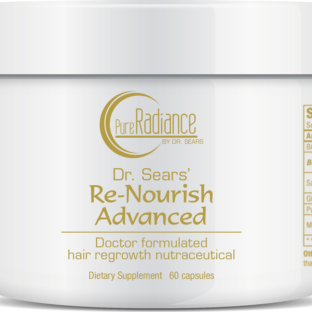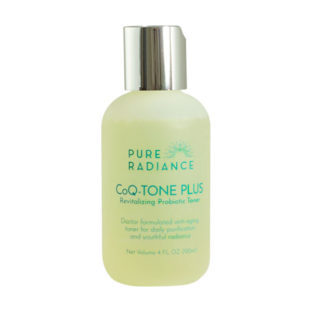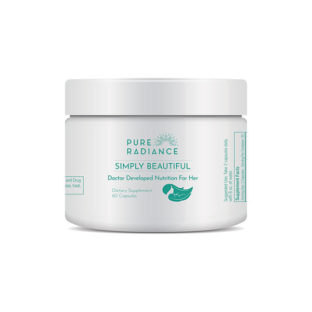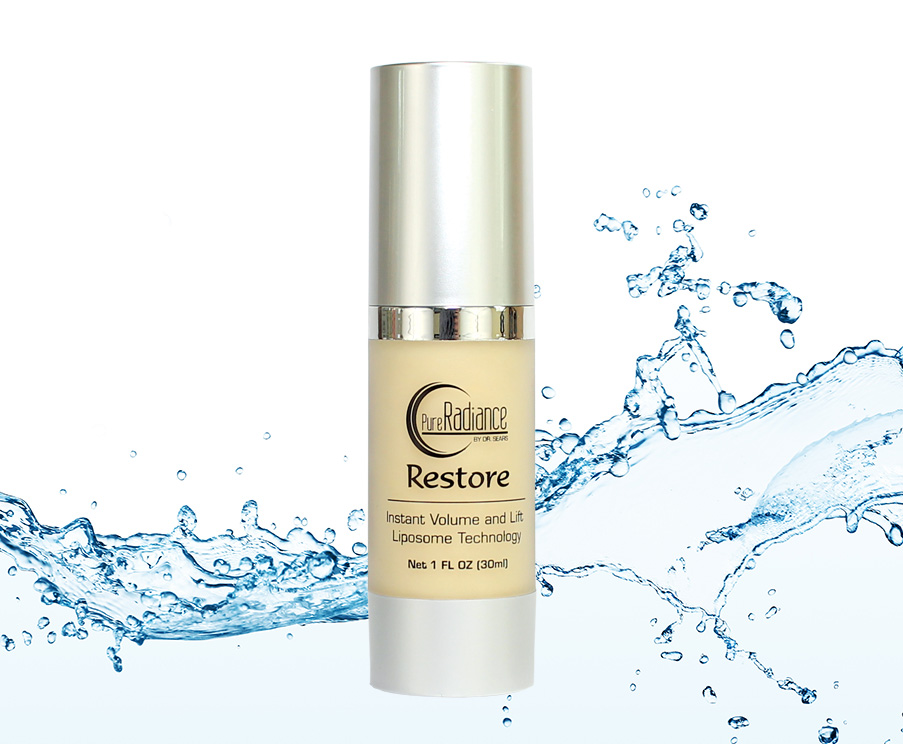|
From time to time, women in my office complain about headaches. Usually they want to know the best thing to take for the pain. If you’re a regular reader, you already know I don’t like over-the-counter pain relieving drugs. But even before that, I want to discover WHY you’re getting headaches. There’s one thing I always check when a woman asks me about headaches. Chronic headaches can signal a deficiency of vitamin B12. Mainstream doctors don’t learn about nutrition in school, so for the most part they don’t know to check B12 levels for headaches. Yet 26% of people over 60 have low or get almost enough for basic health.1 And that’s not even close to what you need for optimal health. You need it to form red blood cells. Nerve tissues can’t function without it. If your B12 levels are low you can have fatigue, shortness of breath, memory loss, and anxiety. When you let it go too long low B12 can start causing neurological and psychiatric problems. Ultimately, you may get diagnosed with anemia. That can lead to irreversible nerve and brain damage. And even an enlarged heart and heart failure. But one of your first signs could be headaches. Scientists believe it has to do with homocysteine. That’s an amino acid that can build up and make you more susceptible to severe headaches and migraine attacks, as well as heart disease. I’ve used vitamin B12 for years to help reduce homocysteine levels. But it also helps reduce the frequency, severity and disability of migraines.2 Australian scientists recruited 52 migraine-sufferers. They randomly assigned the people to get either daily vitamin supplements or a placebo. The supplements contained 400 micrograms of vitamin B12. After six months the group taking the B12 supplement reduced their homocysteine levels by 39%. They also cut their migraine disability in half. The B12 group also had less frequent headaches and less severe pain. The placebo group had no significant change. Mainstream medicine says a normal B12 level is between 200 and 350 pg/mL. But I find patients at that level have clear symptoms of B12 deficiency. I recommend keeping your level above 450 pg/mL. The best way to do that is eating animal products. Vitamin B12 is only found in foods like liver, red meat, clams and other shellfish. Other good sources are lamb, eggs, dairy, sardines, salmon, and other fish. That’s because B12 is only produced in the gut of animals. You can’t get it from plants. They don’t need B12 so they don’t store it. But animals do. Vegetarians and vegans sometimes try to get B12 from plant sources like seaweed, fermented soy, spirulina and brewers yeast. But they’re really getting analogs of B12. They’re called cobamides. They can block your intake of B12 and actually increase your need for the real thing.3 But even if you’re a meat lover and eat it two or three times a day it might not be enough. That’s because as you get older you may have difficulty absorbing vitamin B12. Absorption problems can be caused by low stomach acid, inflammation of the gut, and heavy alcohol use. Medications like proton pump inhibitors (Prilosec and Nexium) interfere with B12. So do diabetes drugs like metformin. And patients with celiac disease, colitis, or Crohn’s disease have problems absorbing the vitamin. That’s why you may need to supplement. According to the National Institutes of Health, most adults need just 2.4 mcg per day. But you need to take much more than that. For one thing, your body can have trouble absorbing B12 supplements. In fact, healthy people only absorb about 2%. That’s about 10 mcg of a 500 mcg oral dose. But some forms of vitamin B12 are easier to absorb. The most common form you’ll see in supplements is cyanocobalamin. That’s a chemical synthetic that you’ll find in most cheap vitamins. It’s linked to a cyanide molecule that your body has to break down in the liver. Avoid this type. A better form is hydroxocobalamin. But this form has to be converted in your body to the active form before you can use it. And if your levels of the antioxidant glutathione are low, you’ll have trouble making the conversion. The best B12 is methylcobalamin. It’s the active form that’s ready for your body to use. In addition, it’s the only form that can cross the blood brain barrier. It will be more expensive but in the long run it’s worth the price. You can take high doses of vitamin B12 because your body excretes any excess or stores it in the liver for later use. I recommend taking at least 100 mcg per day. But I advise many of my patients to take as much as 2,000 mcg per day for improving things like brain function and energy levels. You can find vitamin B12 supplements in capsules, patches, lozenges, or sublingual sprays. They’re all effective to boost your B12 levels. To Your Good Health, 1. Lindsay H. Allen, “How common is vitamin B-12 deficiency?” American Journal of Clinical Nutrition 2009;89(2):693S-6S.
|


